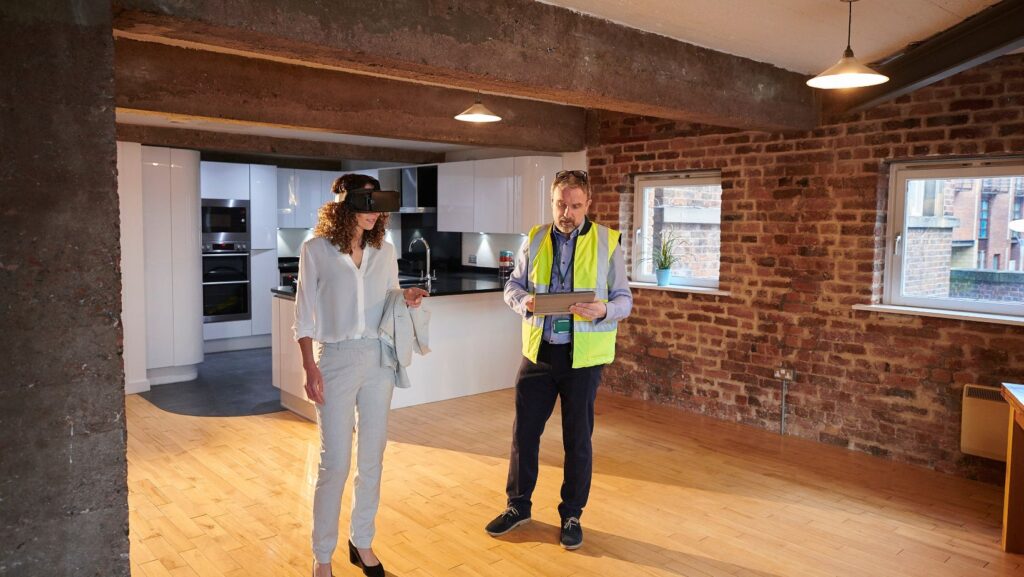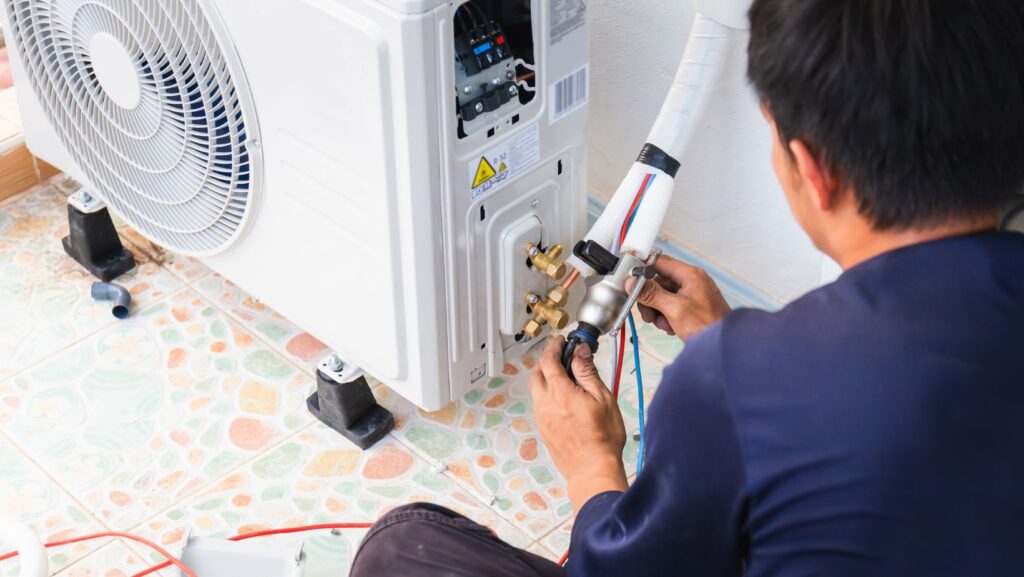In the world of property management, there’s a fine line between capital improvements and regular repairs and maintenance. But understanding the difference isn’t just a matter of semantics—it’s a critical distinction that can have significant tax implications.
As a property owner, you’re likely to encounter both scenarios. But how do you tell them apart? And more importantly, how can you make the most of your financial decisions?
In this article, I’ll shed light on these questions, giving you the knowledge to navigate the complex landscape of property expenses. It’s time to demystify the jargon and make savvy, informed decisions for your property’s future.
Capital Improvements vs Repairs And Maintenance
Seizing the difference between capital improvements and repairs and maintenance incurs pivotal tax benefits. Capital improvements, including kitchen renovations or new roofing, commonly increase a property’s value, whereas regular repairs and repairs maintain the property’s current value. For instance, fixing a broken window or repainting a wall are classified as maintenance. The IRS allows depreciation of capital improvements over the property’s lifespan, conversely, repairs and maintenance get deducted during the year they occur. It’s important, then, to look at these investments from long-term and short-term angles.
Understanding Capital Improvements

Capital improvements are significant expenditures that enhance a property’s functionality, prolong its useful life, or appraise its market value. Strategically executed, such improvements may include the addition of a new room, installation of an HVAC system, or a comprehensive kitchen makeover, each designed to deliver substantial returns over the long haul. Tax-wise, the IRS considers these as capital expenses and permits property owners to recuperate costs over the expected lifespan of the improvement, a process termed as depreciation. This perspective explains the deduction benefit property owners stand to gain by investing in capital improvements. It’s a deliberate, value-added move contrasting the routine, expense-mitigating nature of repairs and maintenance. The distinction is crucial as it guides data-driven, financially beneficial planning and investment decisions in property management. In essence, understanding capital improvements is about comprehending the strategic disparity between preservation and enhancement in property standard upkeep.
Identifying Repairs and Maintenance
In the realm of property management, it’s crucial to discern between repairs and maintenance tasks. Repair activities often stem from damage or wear-and-tear, such as fixing a leaky faucet or replacing a broken window. They become essential when parts of your property suffer damage, attempting to restore the property to its original state.

In contrast, maintenance tasks maintain property conditions, aiming to prevent possible damages. For instance, regular HVAC system checkups contrast with an emergency furnace fix. Painting the exterior of a property for aesthetic upkeep serves as another example. Such recurring chores, despite seeming mundane, hold significant importance in preserving a property’s value.
Remember, costs from these activities typically get deducted in the year they occur, contrasting with the depreciation applicable for capital improvements. Thus, keeping an accurate record of your expenses plays a key role in optimizing your property management budget. Understanding these principles contributes to creating a balance between enhancement and preservation.
Making Smart Decisions for Property Upkeep
So, it’s clear that understanding the difference between capital improvements and repairs and maintenance is vital for property owners. It’s all about striking the right balance. Knowing when to enhance your property’s value through capital improvements and when to preserve it through repairs and maintenance can significantly impact your budget and tax implications. Remember, capital improvements depreciate over time, while repairs and maintenance are deducted annually. By accurately recording these expenses, you can optimize your management budget and make smarter decisions for your property’s upkeep. Armed with this knowledge, you’re now better equipped to navigate the world of property management and make the most of your investment.



